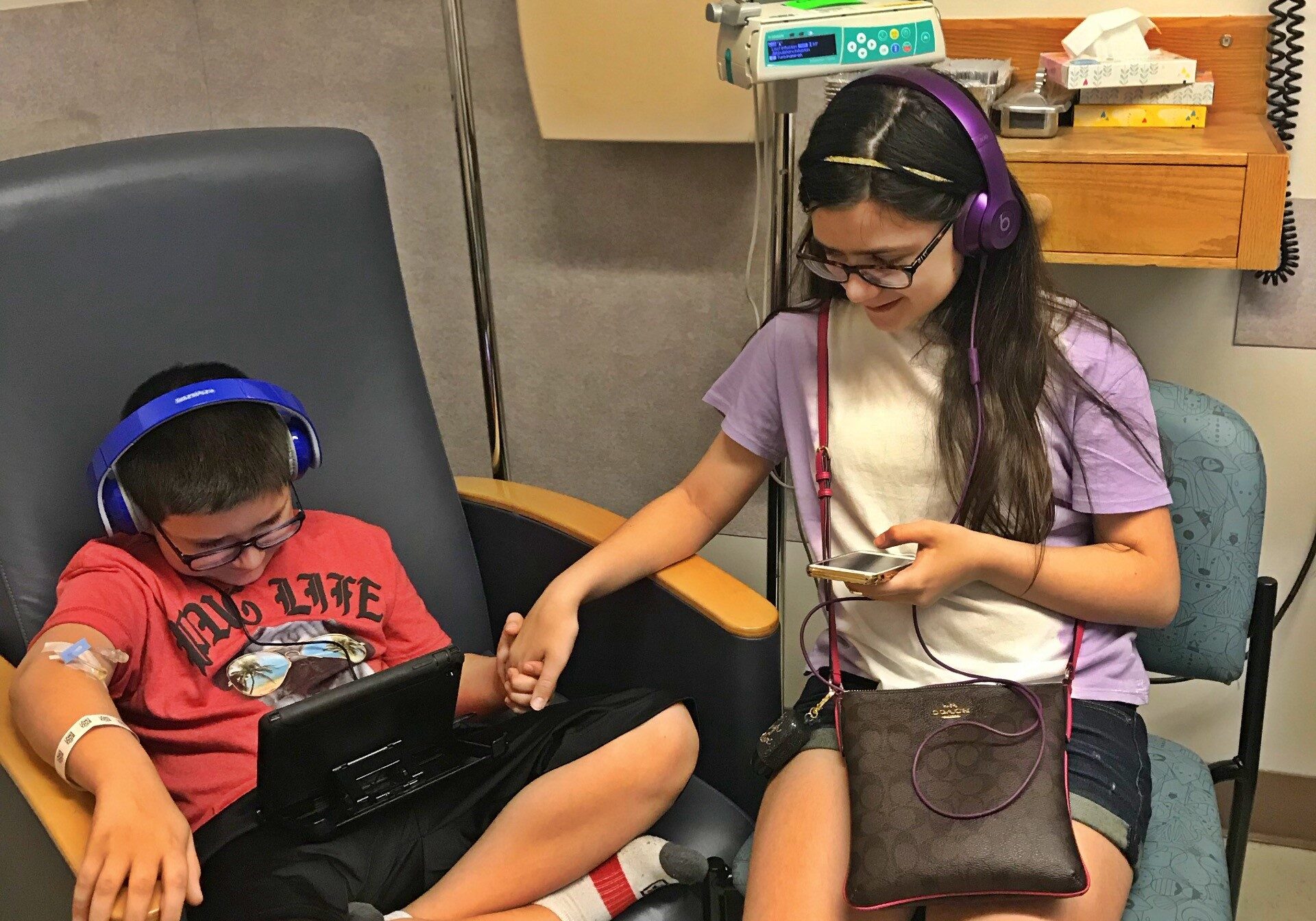Education
What is CRMO?
Chronic Recurrent Multifocal Osteomyelitis, also known as Chronic Non-bacterial Osteomyelitis (CNO), is a rare, autoinflammatory bone disease of unknown etiology. It involves inflammation of one or more bones and can be chronic. In a properly functioning system, inflammation is a normal process and is the way the immune system protects us from infections and germs. However, in CRMO, there is no infection. The immune system wrongly attacks normal bone and causes inflammation.
Diagnosis
CRMO is a diagnosis of exclusion and cannot be diagnosed until other diseases are ruled out. Malignancy and infectious osteomyelitis are differential diagnoses. Generally, many tests are required, such as blood tests, X-rays, bone scans, MRI, and often a bone biopsy. CRMO patients often go years without a proper diagnosis and treatment. For this reason and because the disease is not well known, most doctors have never even heard of CRMO, much less understand how to treat it.
Cause
The cause of CRMO is unknown. Genetic and environmental factors may play a role.
Treatment
Find a doctor with experience treating patients with CRMO. CRMO is generally treated by a pediatric rheumatologist or adult rheumatologist. Ask your doctor for a referral. The goal is to find the right medications to stop inflammation and heal the affected bones. Some CRMO medication options are used in children with juvenile arthritis. Why do we treat CRMO?
- Decrease pain
- Reduce inflammation
- Prevent bone damage and bone deformities (for example: fractures, leg length discrepancies, changes in spine curvature)
- Help avoid growth problems
Prognosis
The prognosis will depend on each individual’s disease and response to treatment. The course can be different depending on the patient. For many patients with appropriate treatment, the disease may go into remission; for others, the disease may persist. Some may need to stay on medications for many years. Others may be able to stop the medications. This is why it is important to continue seeing your rheumatologist.



